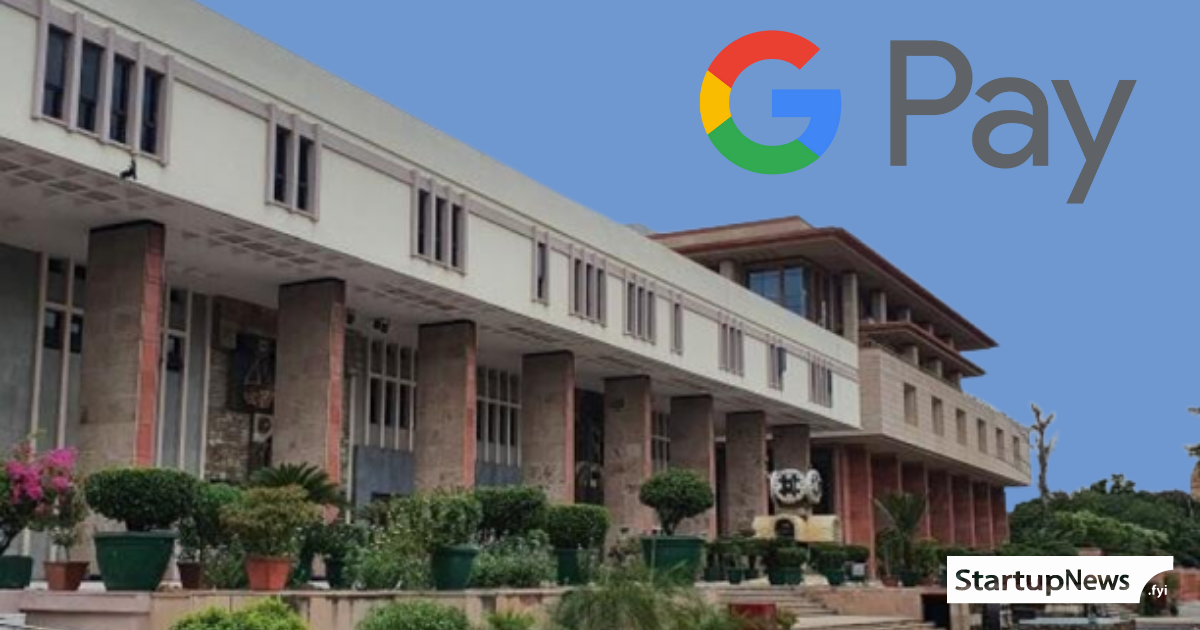The Delhi High Court has dismissed two public interest litigations (PILs) that aimed to halt the operations of Google Pay in India. These PILs alleged that the platform was violating regulatory and privacy standards in the country. The court’s decision, led by Chief Justice Satish Chandra Sharma, comes as a significant development in the ongoing debate around Google Pay’s authorization and compliance.
Contention Over Google Pay’s Status as a Payment System Provider
Abhijit Mishra, one of the petitioners, contended that Google Pay conducted unauthorized operations in India as a “payment system provider” because it lacked required permissions. The petitioner expressed worries about how the platform’s position under the Payments and Settlement Systems Act (PSS Act) and its adherence to regulatory standards.
Court Asserts Google Pay Role as a Third-Party App Provider
In response to the PILs, the court stated that G-Pay functions as a “third-party app provider,” not a “payment system provider” as claimed by the petitioner. Bench clarified that Google Pay doesn’t need special authorization from the RBI under the PSS Act for its operations. Court’s view rested on its understanding that G-Pay enables peer-to-peer and peer-to-merchant transactions via the Unified Payments Interface (UPI).
Dismissal of Claims Regarding Sensitive User Data Access
The petitioner had also raised concerns about Google Pay’s access to sensitive customer information, including Aadhaar, PAN, and transaction details. However, the court dismissed these claims, stating that Google Pay does not actively access and collect such sensitive user data. Court emphasized the role of the National Payments Corporation of India (NPCI). NPCI operates the UPI system for transactions in India.
Google Pay Role in UPI Transactions
The court’s ruling emphasized that G-Pay is a third-party app on the UPI platform. It obtains approval from NPCI for its operations. The court clarified that G-Pay conducts peer-to-peer and peer-to-merchant transactions primarily. It stated that Google Pay isn’t a “system provider” under the PSS Act. The dismissal of the PILs reinforces Google Pay’s position in the UPI ecosystem. It also offers clarity on the app’s compliance with regulatory standards.



![[CITYPNG.COM]White Google Play PlayStore Logo – 1500×1500](https://startupnews.fyi/wp-content/uploads/2025/08/CITYPNG.COMWhite-Google-Play-PlayStore-Logo-1500x1500-1-630x630.png)